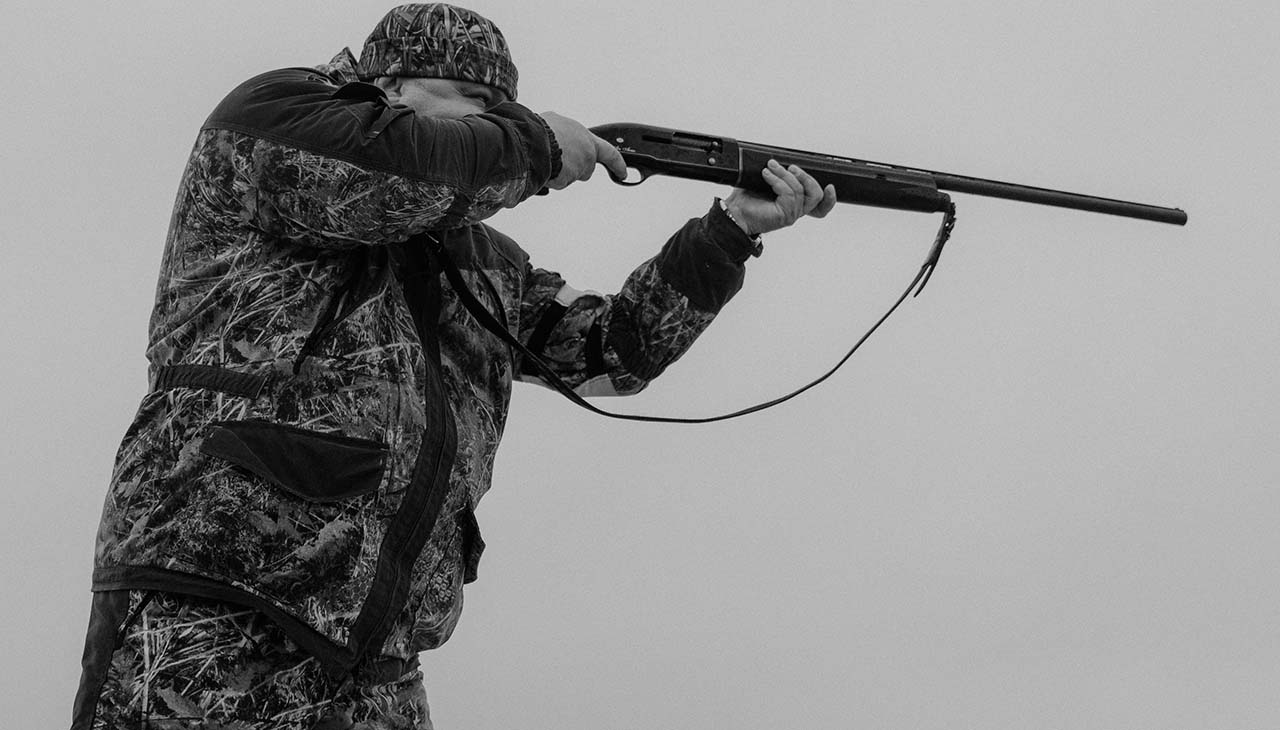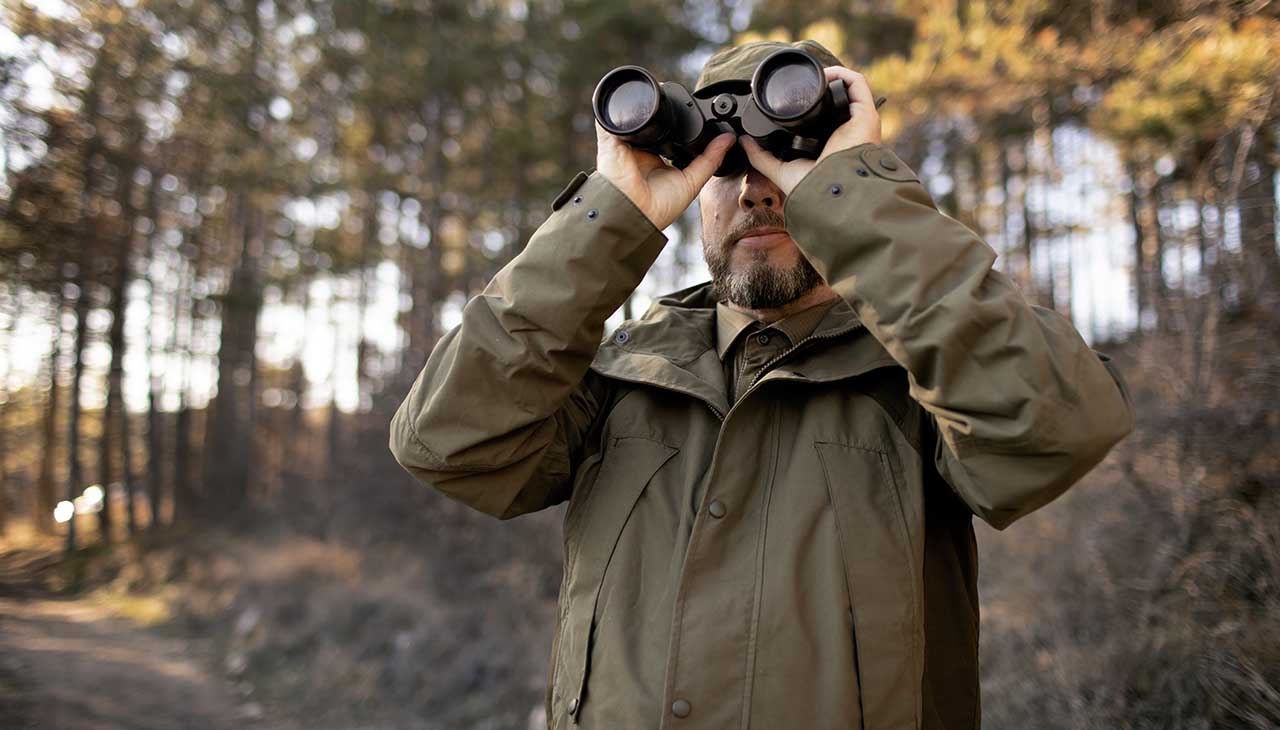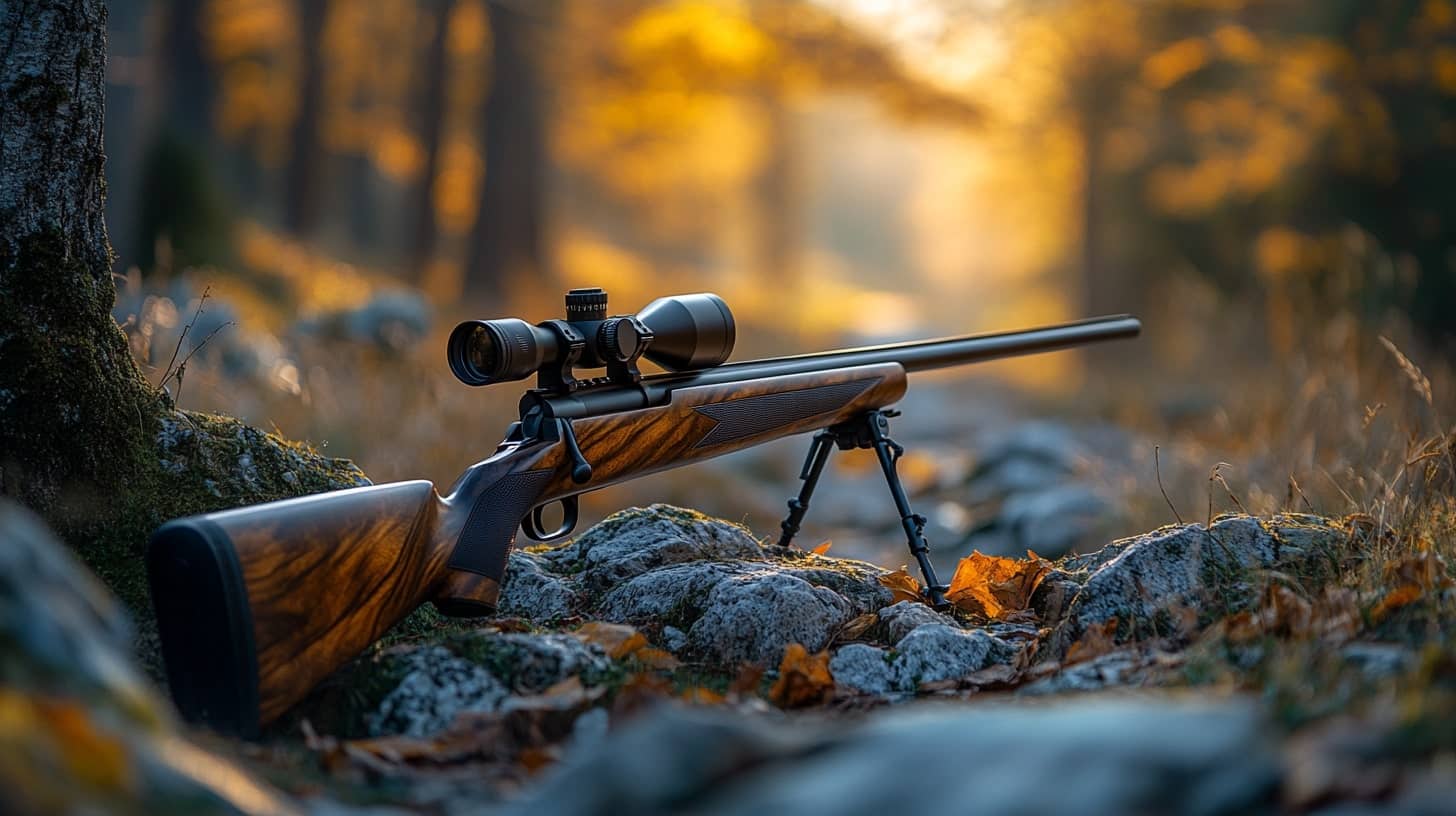Introduction
When most people think of hunters, they envision individuals pursuing game for sport. However, there exists a surprising and often overlooked paradox: hunters are among the most passionate advocates for wildlife conservation. This blog post aims to delve into the complex relationship between hunting and conservation, demonstrating how hunters significantly contribute to preserving and protecting our planet’s biodiversity.
The Historical and Present-Day Contributions of Hunters to Wildlife Conservation
Hunters have played a crucial role in conservation efforts long before the term “conservation” became mainstream. In the early 20th century, North America faced a dire situation where species like the bison and turkey were on the brink of extinction. Recognizing the severity of this crisis, hunters took the lead in advocating for sustainable practices and the establishment of protected areas.
Key Contributions
- The Pittman-Robertson Act (1937): This landmark legislation imposed an excise tax on firearms and ammunition, generating funds specifically for wildlife conservation projects. To this day, it continues to finance habitat restoration, research, and education programs.
- Conservation Organizations: Groups like Ducks Unlimited and the Rocky Mountain Elk Foundation, founded by hunters, have been at the forefront of habitat restoration and preservation efforts across North America.
- Private Land Conservation: Many hunters own large tracts of land that they manage for wildlife habitat, often investing significant resources in maintaining and improving these ecosystems.
Case Studies: Successful Conservation Projects Funded and Managed by Hunting Organizations
Rocky Mountain Elk Foundation (RMEF)
Established in 1984, the RMEF has conserved over 8 million acres of vital elk habitat. Their efforts include land purchases, conservation easements, and habitat enhancement projects. By working with federal and state agencies, they ensure these lands remain protected for future generations.
Ducks Unlimited
Ducks Unlimited (DU) has conserved over 15 million acres of wetlands and associated habitats in North America. They work on a range of projects, from restoring wetlands to advocating for policies that protect these critical ecosystems. DU’s initiatives benefit not just waterfowl but also countless other species dependent on these habitats.
Boone and Crockett Club
Founded by Theodore Roosevelt in 1887, the Boone and Crockett Club has been instrumental in establishing national parks and wildlife refuges. They continue to advocate for science-based wildlife management and sustainable hunting practices.
The Role of Eco-Tourism in Supporting Wildlife Conservation Efforts
Eco-tourism offers an additional layer of support for conservation initiatives. Eco-tourists, driven by a desire to experience and preserve nature, contribute financially to conservation projects and help raise awareness about the importance of biodiversity.
Examples of Eco-Tourism Impact
- African Safari Tours: Hunting and photo safaris generate significant revenue that funds anti-poaching efforts, community development, and habitat conservation.
- Bird Watching: In regions like Central America, bird-watching tours provide economic incentives for local communities to preserve forests and wetlands.
The Ethical Debate Around Hunting and Its Impact on Conservation Efforts
The relationship between hunting and conservation is complex and often controversial. Advocates argue that regulated hunting plays a crucial role in wildlife management, controlling populations to prevent overgrazing and ensuring healthy ecosystems. Critics, however, question the ethics of killing animals for sport and raise concerns about potential abuses.
Balancing Perspectives
- Regulated vs. Unregulated Hunting: It’s important to distinguish between sustainable, regulated hunting and illegal poaching. The former contributes to conservation, while the latter undermines it.
- Cultural and Economic Considerations: In many communities, hunting is deeply ingrained in cultural traditions and provides essential economic benefits. Conservation strategies must respect and integrate these aspects.
The Future of Wildlife Conservation: Collaboration is Key
The future of wildlife conservation hinges on collaboration between diverse stakeholders, including hunters, conservationists, eco-tourists, and local communities. By working together, we can create innovative and sustainable solutions to the challenges facing our planet’s biodiversity.
Pathways for Collaboration
- Joint Conservation Initiatives: Collaborative projects that involve hunting organizations, conservation groups, and eco-tourism operators can pool resources and expertise for greater impact.
- Education and Advocacy: Raising awareness about the positive contributions of hunters to conservation efforts can help bridge divides and foster mutual understanding.
- Policy Development: Influencing policy to support sustainable practices and habitat protection will be crucial in ensuring long-term conservation success.
Conclusion
The paradox of hunters as conservationists is a testament to the complexity and interconnectedness of wildlife conservation efforts. By acknowledging and leveraging the contributions of hunters, we can enhance and expand our collective impact on preserving the natural world. As eco-tourists, conservationists, and outdoor enthusiasts, let’s embrace this multifaceted approach and work together to safeguard our planet for future generations.



